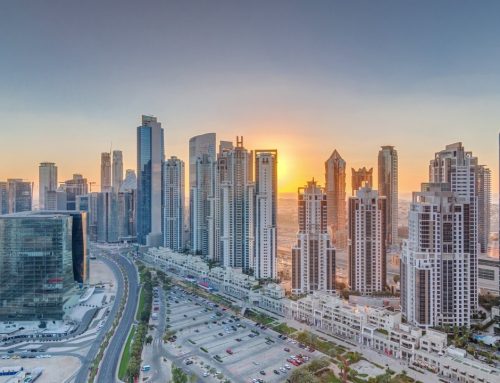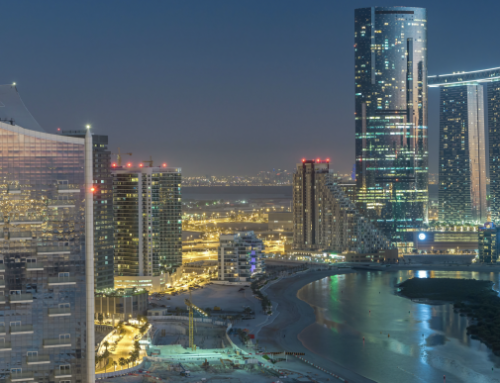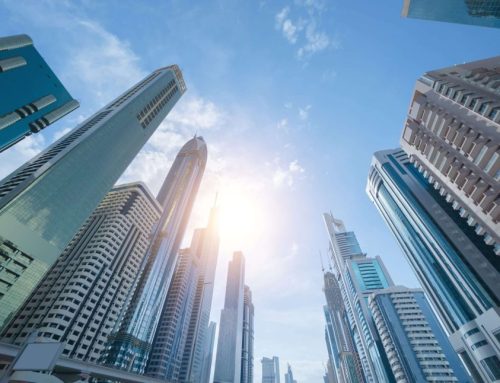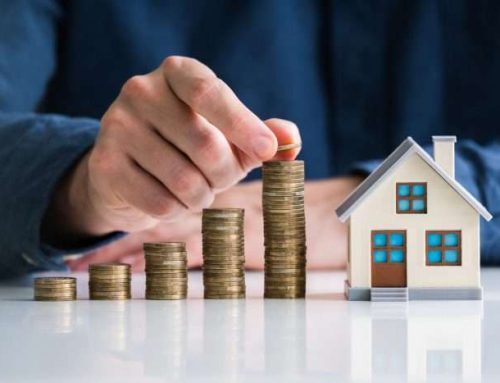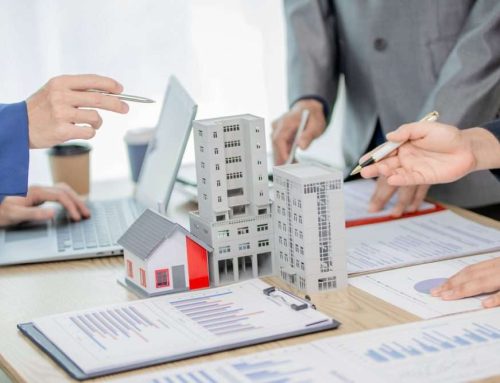Masdar City’s Net-Zero Energy Mosque: A Symphony of Sustainability
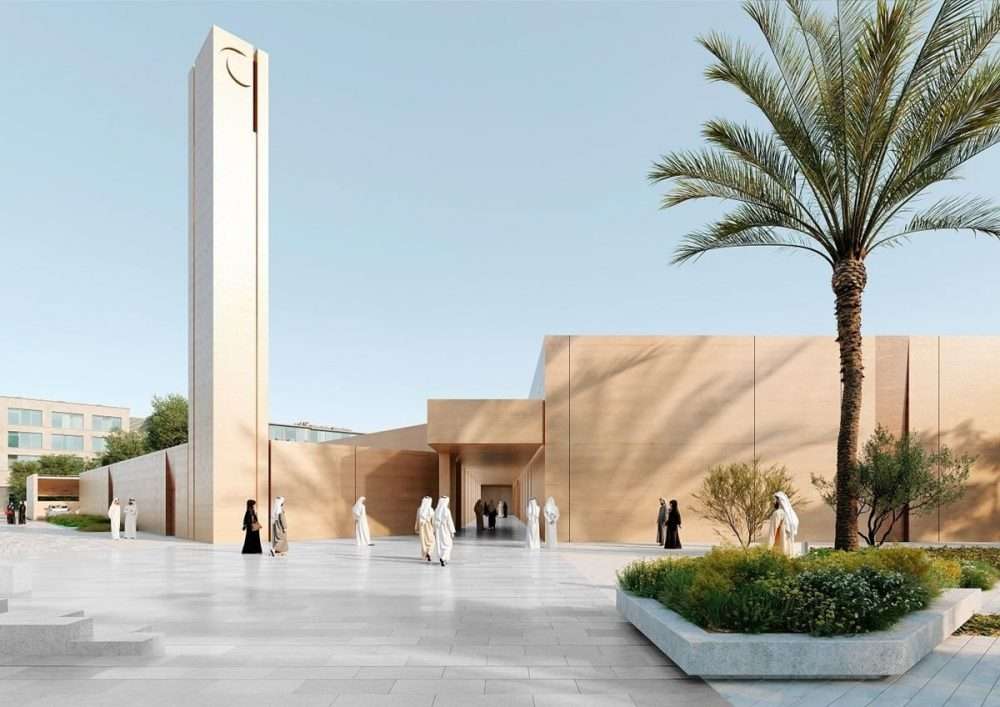
Masdar City in Abu Dhabi, renowned for its strides in sustainable urban development, is poised to unveil the region’s inaugural net-zero energy mosque. This groundbreaking initiative, revealed by Mohamed Al Breiki during COP28, not only serves as a place of worship but also represents a cultural, spiritual, and environmental odyssey, epitomizing Masdar City’s pledge to Earth-friendly stewardship.
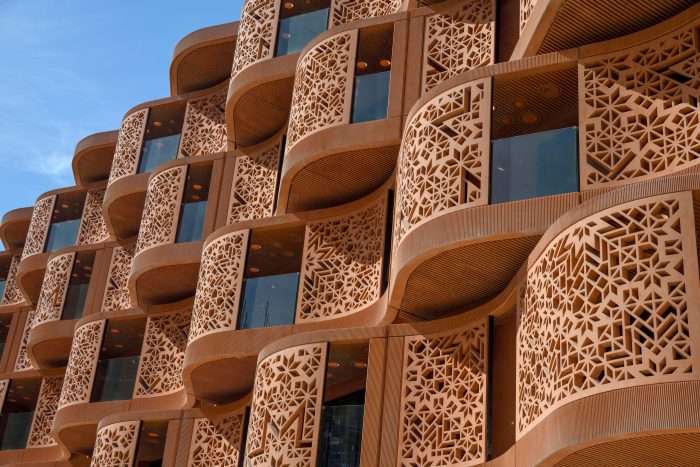
Designing for Sustainability and Spirituality
- The mosque spans 2,349 square meters, accommodating 1,300 worshippers, designed to generate 100% of its energy needs annually.
- Lutz Wilgen, head of design at Masdar City, underscores the city’s ethos of “touching the earth lightly.”
- The design employs passive principles, reducing energy requirements by 35% compared to global baselines.
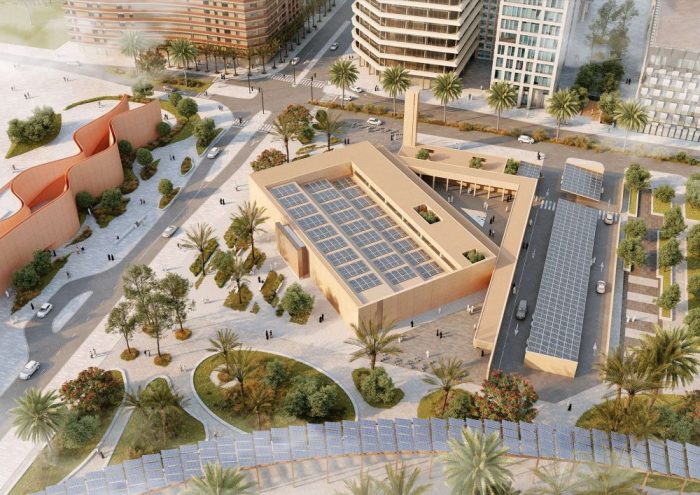
Rammed Earth and Tiered Windows: A Multi-Faceted Design
- The main structure uses rammed earth for insulation and a grounding aesthetic.
- Tiered windows on the roof channel natural light, while outdoor colonnades seamlessly connect the sacred inner space to the outdoors.
- The holistic approach integrates environmental, social, and economic sustainability.
A Holistic Approach to Sustainability
- At least 70% of construction waste will be diverted from landfills.
- Sustainable practices include low-flow water fixtures, drought-resistant landscaping, and recycled water for irrigation, reducing water usage by 55%.

Green Building Certification
- Aiming for a zero-energy rating from the International Living Future Institute.
- Targeting Leed Platinum, Estidama 4-Pearl, and a Well Gold rating for occupant well-being.
Towards a Greener Horizon
- The net-zero energy mosque aligns with Masdar City’s larger commitment to sustainable architecture.
- The city unveiled NZ1, the first net-zero energy commercial building, with two more under construction, solidifying Masdar City’s dedication to sustainable living in the region.
Masdar City’s unwavering commitment to sustainability, embodied by the mosque and ongoing projects, charts a course for a greener future. This journey harmonizes responsible urban development with cultural values, celebrating progress in the most sustainable way possible.

